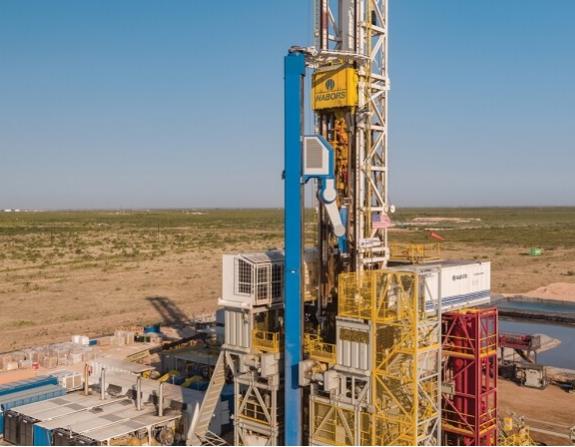How Oil Rigs on Land Contribute to Energy Independence

Energy independence has become a key focus for many nations striving to reduce reliance on foreign oil. One of the most impactful ways to achieve this goal is through the development and utilization of onshore oil rigs. These land-based drilling operations play a crucial role in bolstering domestic energy supplies, ensuring more stable energy markets, and creating economic opportunities at home.
Domestic Production Reduces Foreign Dependence
At the heart of energy independence is the ability to produce energy locally. Onshore oil rigs tap into underground reserves of crude oil and natural gas, reducing the need to import these resources from abroad. By increasing domestic production, countries can shield themselves from the volatility of global oil markets and geopolitical tensions that might disrupt supply chains. This self-sufficiency enhances national security and gives governments more control over energy pricing and policy.
Cost-Effective and Accessible
Compared to offshore drilling, land-based oil rigs are generally more cost-effective and easier to maintain. The infrastructure and logistics required to operate onshore are simpler and more accessible, making it easier to ramp up production when needed. This flexibility is critical during times of high energy demand or when international supply lines are disrupted.
Economic Benefits and Job Creation
Onshore oil drilling also contributes to local economies by creating jobs in engineering, construction, transportation, and maintenance. The ripple effects extend to supporting industries like equipment manufacturing and service providers. In rural and underdeveloped areas, oil rigs can bring in significant investment, improve infrastructure, and provide a steady income source for communities.
Technological Advancements and Efficiency
Modern technologies like horizontal drilling and hydraulic fracturing have significantly improved the efficiency and output of land-based rigs. These innovations allow companies to extract more oil from a single well, minimizing land disruption while maximizing production. As these technologies continue to evolve, onshore drilling will only become more sustainable and cost-effective.
A Path Toward a Balanced Energy Future
While renewable energy is a vital part of the future, fossil fuels like oil remain essential for transportation, manufacturing, and other sectors. Onshore oil rigs help bridge the gap between current energy demands and the transition to greener alternatives. By investing in domestic oil production today, countries can strengthen their energy foundation for tomorrow.
In conclusion, land-based oil rigs are more than just industrial machinery—they're strategic assets that empower nations to secure their energy future from the ground up.
- Art
- Causes
- Crafts
- Dance
- Drinks
- Film
- Fitness
- Food
- Giochi
- Gardening
- Health
- Home
- Literature
- Musica
- Networking
- Altre informazioni
- Party
- Religion
- Shopping
- Sports
- Theater
- Wellness


